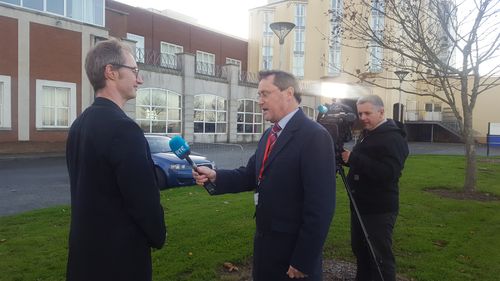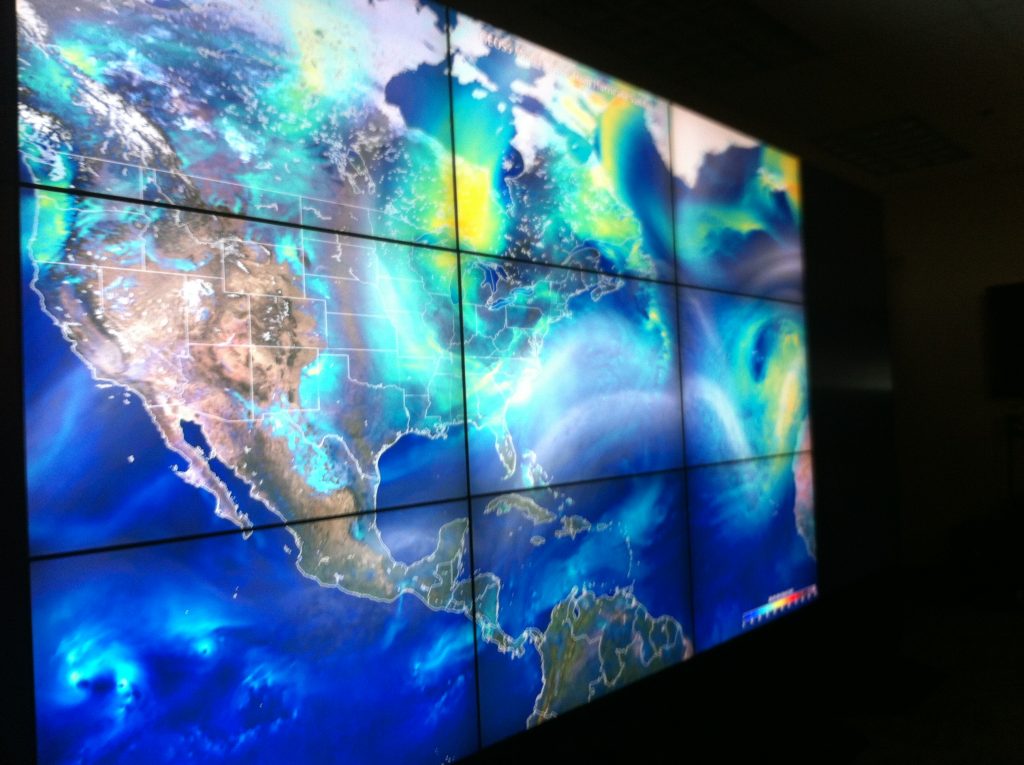Broadcasting guidelines needed to ensure ‘objective climate reporting’

March 25th, 2019
The Broadcasting Authority of Ireland (BAI) should develop guidelines on climate change coverage, the draft of a highly-anticipated Climate Action Committee report states.
In the latest draft of the report seen by The Green News, the committee advises that the BAI should review communication and compliance codes for licenses to “ensure fair, objective, and truthful climate content”.
The report follows six months of scrutiny by the Committee members and contains over 40 priority recommendations across all sectors based on a wish list outlined by the Citizens’ Assembly.
The draft also expresses the need to make it “consistently clear” in the media that climate change is occurring and humans are responsible in line with the scientific consensus.
While the committee refers to RTÉ as “instrumental” in communicating climate change, the draft also expresses concern about the level of climate content from RTÉ to date.

Ramped up coverage
RTÉ announced earlier this year that it intends to greatly increase its climate change coverage in 2019 to meet the growing demand from audiences to address the topic.
The announcement comes two years after a report from the Environmental Protection Agency (EPA) suggested that Irish broadcast media could be doing more to report on climate-related issues.
The 2017 report found that only three per cent of stories on broadcast media had a climate change or sustainability focus during peak time for climate change news analysed by the agency.
RTÉ News and Prime Time were singled out in particular for a lack of any “thematic coverage” on such issues, which the EPA said “require a certain level of unpacking over time”.
Speaking before the committee in January, RTE’s Director-General Dee Forbes said that coverage of climate change and environmental issues was “regularly reflected” at RTÉ.
She stressed that the broadcaster was making a genuine effort to address climate change with programmes such as Eco Eye and Ear to the Ground. Ms Forbes also said that several stand-alone climate documentaries will be produced in 2019.

Role of Met Éireann
The draft report also expresses concern about Met Éireann’s perceived reluctance to engage in public debate about climate science in the past, particularly in relation to attributing extreme weather events to a warming planet.
Internal Met É
In January, the forecaster launched a new set of staff guidelines that advised them to use positive language to show people they can make a difference.
According to documents released to investigative journalist Ken Foxe, staff are advised that they should no longer state that a severe weather event was categorically not linked to climate change.
The climate action committee did identify Met Éireann as having a “valuable role to society” during a string of extreme weather events over the past 18 months, including Hurricane Ophelia and the Beast from the East.
The committee was also encouraged by Met Eireann’s public agreement with the IPCC climate change report, the draft states. The agency’s plans to improve its communication of climate information are also “key to joining the dots in the public mind”, the draft indicates.
[x_author title=”About the Author”]







